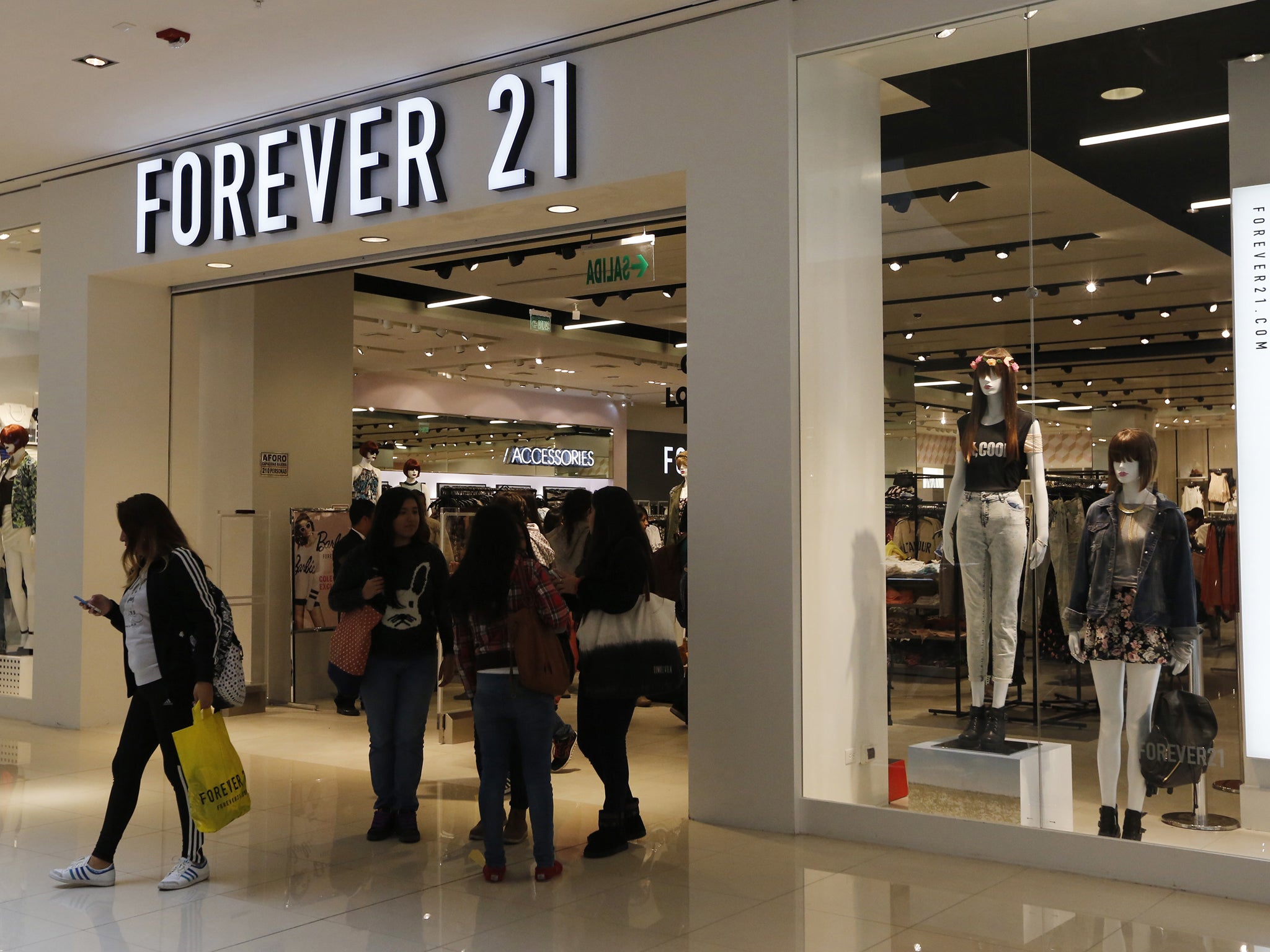Adobe sues Forever 21 for stealing Photoshop
Company made it much harder to share copies of Photoshop and other software in 2013 — and many have turned to piracy to get hold of it

Your support helps us to tell the story
From reproductive rights to climate change to Big Tech, The Independent is on the ground when the story is developing. Whether it's investigating the financials of Elon Musk's pro-Trump PAC or producing our latest documentary, 'The A Word', which shines a light on the American women fighting for reproductive rights, we know how important it is to parse out the facts from the messaging.
At such a critical moment in US history, we need reporters on the ground. Your donation allows us to keep sending journalists to speak to both sides of the story.
The Independent is trusted by Americans across the entire political spectrum. And unlike many other quality news outlets, we choose not to lock Americans out of our reporting and analysis with paywalls. We believe quality journalism should be available to everyone, paid for by those who can afford it.
Your support makes all the difference.Adobe has accused US clothing chain Forever 21 of pirating Photoshop and other software.
The allegations were made in a California lawsuit, which said that Forever 21 had pirated Adobe software including Acrobat and Illustrator, as well as Photoshop. The lawsuit also contains claims of stealing from Autodesk and Corel, which makes Winzip and PaintShopPro.
Adobe provides version numbers, registration codes and dates for every time that Forever 21 allegedly used the stolen software. It claims that Forever 21 was told about the piracy but still “continued their infringing activities even after being contacted by Adobe”.
It and the other companies involve in the lawsuit don’t specify the amount of damages that they are seeking through the case. The case says that the alleged pirating has caused “repeated and irrepairable injury” and that it “would be difficult to ascertain the amount of money” that would give Adobe relief under law.
Adobe moved its products into the cloud in 2013, partly in an attempt to stop sharing of the product by giving every user logins. But it pushed many users to pirate the software instead, and in response Adobe has told employees to turn in companies that use illegally acquired versions, reports the Verge.
Join our commenting forum
Join thought-provoking conversations, follow other Independent readers and see their replies
Comments